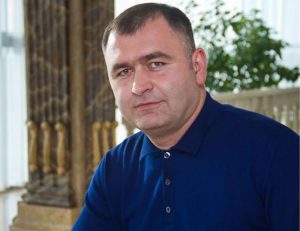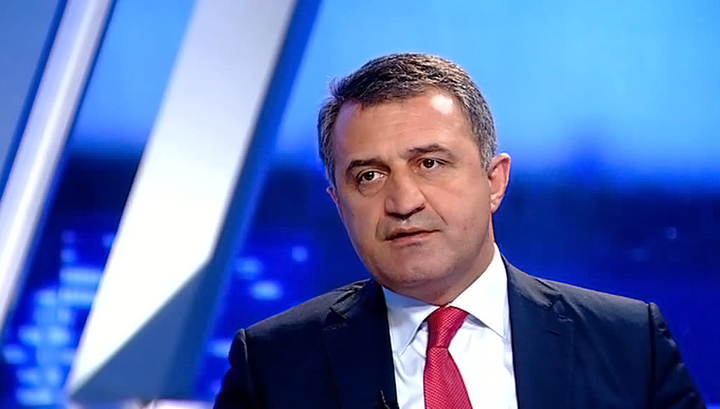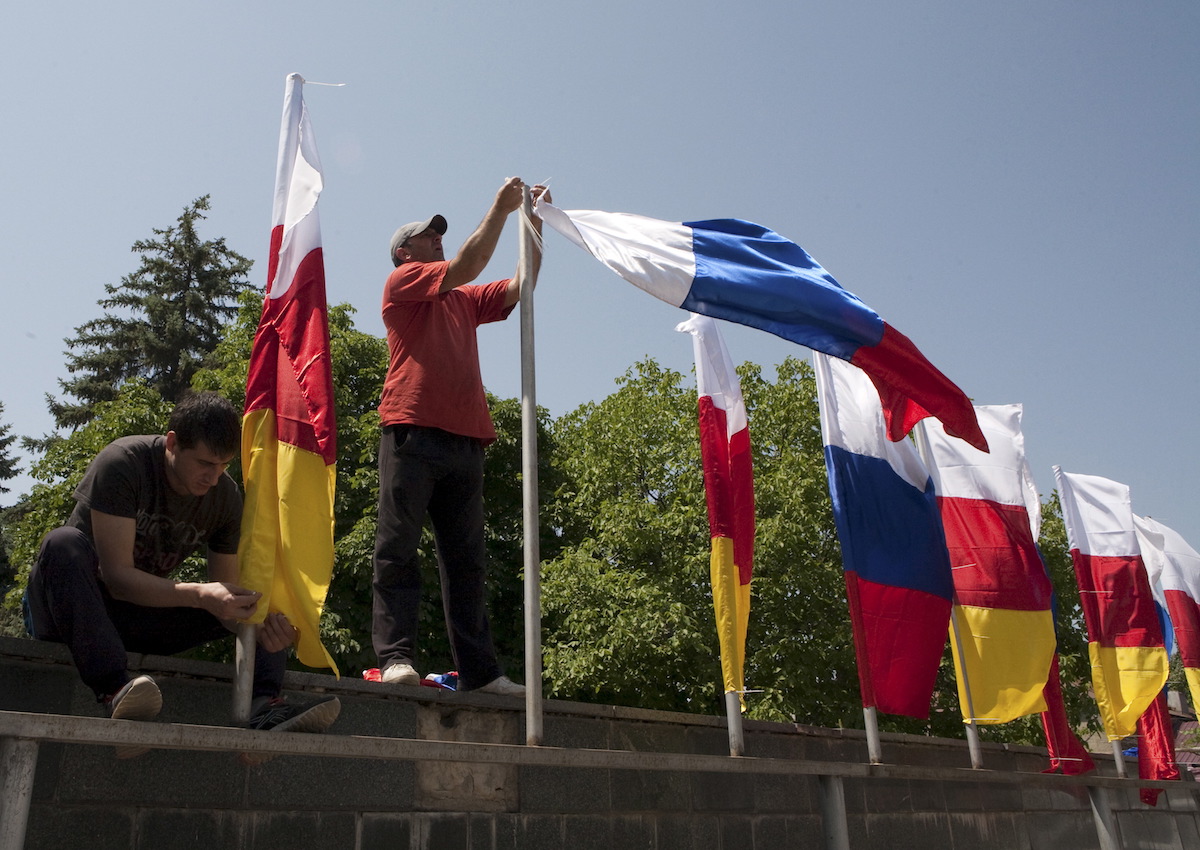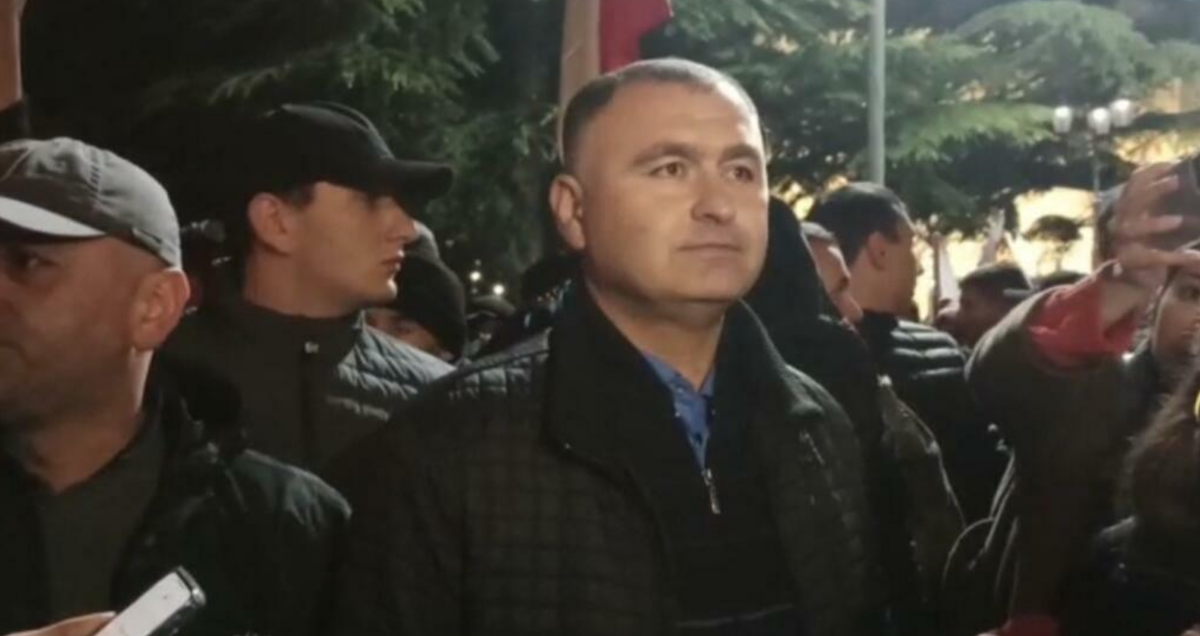Why does Moscow play down S.Ossetia's attempts to join Russia?
South Ossetia’s annexation to Russia
The referendum on joining Russia, which the outgoing South Ossetian President Anatoly Bibilov has scheduled for July 17, is now postponed indefinitely.
During his campaign, the newly elected President Alan Gagloev has repeatedly the idea of holding a referendum. The leader of the opposition and the head of the Nykhas party harshly criticized Bibilov for “pre-election PR”.
Finally, the fate of the initiative was decided by a surprisingly negative reaction from Moscow.
The referendum was supposed to determine whether the people of South Ossetia want to become part of Russia or prefer to remain in the status of an independent state, recognized by Russia and four other countries (Nicaragua, Nauru, Venezuela and Syria). The rest of the world and the UN continue to consider it the territory of Georgia.
This marks the fifth attempt by South Ossetia to become part of Russia after the collapse of the Soviet Union and the outbreak of the armed Georgian-Ossetian conflict in the early 1990s.
- “No bulletproof vests and equipment” – soldiers from South Ossetia refuse to fight in Ukraine
- Russia is using South Ossetia to finance self-proclaimed republics in Eastern Ukraine
- Trout farmer shares his experience of keeping small business afloat in S.Ossetia
Who does and does not want to join Russia – and why
The political forces in South Ossetia are united in their desire to have the closest possible relations with Russia. However, their opinion vary when it comes to the issue of joining Russia.
Supporters of this step declare “the historical desire of the Ossetian people to reunite (with North Ossetia, a subject of the Russian Federation)”. All former presidents of South Ossetia, Ludwig Chibirov, Eduard Kokoity and Leonid Tibilov, spoke in support of the referendum.
“We pray that the two Ossetias will unite into one republic. Today, the main goal of every Ossetian is for our people to live together”, State Duma deputy from North Ossetia Artur Taymazov said.
The main argument of the opponents of joining Russia is the inadmissibility of giving up the historical chance to create an independent Ossetian state for the first time in history.
“No need to rush”

Alan Gagloev, who won the presidential election in June 2022, announced that he was suspending the referendum and would hold it “when the time is right”:
“We should not rush, and we should discuss this issue with Moscow”.
The Russian Ambassador to South Ossetia Marat Kulakhmetov repeated the same idea:
“An exceptionally important decision to hold a plebiscite was made in South Ossetia without taking into account the opinion of Russia, contrary to our agreements, contrary to the spirit of our alliance”.
Press Secretary of the President of Russia Dmitry Peskov said that “no action is being taken by Russia on the referendum.”
The decision would be made by less than 10,000 people
According to South Ossetia, about 40,000 people were supposed to vote in the referendum. The referendum is recognized as valid if the turnout exceeds 50% and the decision to join will be made if more than 50% vote in favor.
It turns out that only 9,800 inhabitants can make South Ossetia a part of Russia.
30 years of trying to hold a referendum
First attempt, 1992
For the first time in South Ossetia, a referendum on independence from Georgia and accession to Russia was held on January 19, 1992. About 73% of the total adult population of the republic took part in the referendum, and 99.75% voted for independence.
On May 29, 1992, the Supreme Council of the unrecognized republic adopted the “Act of the Declaration of Independence of the Republic of South Ossetia”.
Second attempt, 2006
On November 12, 2006, simultaneously with the presidential elections in unrecognized South Ossetia, a new plebiscite was held.
99.88% of voters answered positively to the question: “Do you agree that the Republic of South Ossetia should retain its current status of an independent state and be recognized by the international community?”. The turnout was 95.1%.
Third attempt, 2008
After the August 2008 war and Russia’s recognition of South Ossetia’s independence, former President Eduard Kokoity announced his intention to annex the republic to Russia. However, Moscow did not support this initiative.
Fourth attempt, 2014
The issue of uniting the divided Ossetian people resurfaced in 2014. Anatoly Bibilov, who then served as a speaker of parliament and leader of the United Ossetia party, declared that “a window of opportunity had opened” amid the referendum held in the Ukrainian Crimea.
Based on that referendum, Crimea became part of Russia – a move that most of the international community and the UN regard as annexation.
After a public debate in South Ossetia, it was announced that the referendum on joining Russia would be held by the politician who won the 2017 presidential election – Anatoly Bibilov.
Fifth attempt, 2022
Until the very end of his term as president, Bibilov did not raise the issue of a referendum. On March 30, 2022, just before the elections (which he eventually lost), unexpectedly for everyone, he announced the launch of a legal procedure for joining Russia.
“The geopolitical situation now makes it possible to realize the age-old dream of the Ossetian people – to become a part of their historical homeland – Russia”, he said.
The opposition accused him of using the referendum to raise his rating. A group of civil activists who supported Gagloev’s candidacy in the elections said that about 10,000 signatures for holding a referendum “were obtained under administrative pressure”.
The referendum would cost about 40 million rubles [about $640,000 at the exchange rate at the time this article was published]. The budget of South Ossetia almost entirely consists of investments and financial assistance from Russia.
- Seven states urge Russia to withdraw recognition of Abkhazia and South Ossetia
- What do Russian tourists like the most about S. Ossetia? Video
- Why are there no psychiatric hospitals in S. Ossetia?
The Georgian Foreign Ministry called the referendum initiative a “provocation”:
“Under the conditions of [Russian] occupation, no referendum will have legal force. Moreover, hundreds of thousands of our citizens have been expelled from their homes and, as a result of ethnic cleansing, do not have the opportunity to return”.
At the same time, Georgian Foreign Minister David Zalkaliani stressed that “Geprgia will not use force to restore territorial integrity. This is our legal obligation to the international community, which we adhere to very clearly”.
“Georgia is very soft and loyal to Russia, and under the sanctions, if Russia went to a referendum, the official accession of South Ossetia would mean pushing Georgia away. Now is not the best time for such a decision”, Valery Dzutsati, an analyst on the North Caucasus told the Caucasian Knot.
“Peskov’s statement about the referendum is addressed to Georgia, not South Ossetia. They could explain everything to them in private”.
The influential Krasnodar State Duma deputy Konstantin Zatulin stated quite sharply:
“This referendum untimely for Russia now […] You shouldn’t pull Georgia’s mustaches”.
But a parallel signal was the agreement ratified in Russia in June on simplifying the procedure for obtaining Russian citizenship for citizens of South Ossetia.
Roland Kelekhsaev, ex-deputy of parliament, co-chairman of the public movement Union of Alania – Russia, is not in favor of unification, but the creation of a union state with Russia:
“Those who are in favor of unification are afraid of another Georgian aggression. They also want to remove passport and customs control on the border with Russia at the Nizhny Zaramag point.
The format of the Union State with Russia and Belarus seems more acceptable and stabilizing”.
Badri Gazzati, editor-in-chief of the Svobodny Vzglyad newspaper, believes that opponents of South Ossetia’s accession to Russia are in the minority and refers to the Georgian population of the republic:
“A part of the inhabitants of the republic of Georgian nationality may be opposed to any alliances with Moscow”.
“I admit that there are pro-Georgian, pro-Western sentiments in the republic, although it is unpopular to talk about it publicly”.
Is Biblov preparing his return to power?
Public figure Alikhan Khugaev states that “Anatoly Bibilov was not sincere in his zeal to hold a referendum on joining Russia”.
“In what status does he see the republic as part of Russia? And what prevented him from holding a referendum during the nine years of his speakership and presidency? Why did he suddenly bring up the referendum when the curtain on his absolute power was lowered?
The referendum will turn into an ordinary squabble for power. One can clearly see, this is nothing but Anatoly Biblov’s revenge plan.

Other experts also speak about Bibilov’s intention to return to power. The Brief analytical Telegram channel writes with reference to its sources:
“During the summing up of the results of the presidential elections in South Ossetia, Vladislav Surkov [he is considered the main representative of the Kremlin in South Ossetia and Abkhazia – JAMnews] had a conversation with the ex-president Anatoly Bibilov. He strongly recommended stopping provocations, and discord in society and not substituting the leadership of Russia with their political games.
After the conversation, Vladislav Yurievich reported that there was no longer any point in having a dialogue with Bibilov. According to him, Biblov was out of control and would do everything to maintain his status – including by getting elected as the oppsition head of parliament”.
“Anatoly Bibilov ceased to be the president of the quasi-state of South Ossetia, and his people lost key offices and levers of power, as well as the control over financial and business schemes in the republic after the victory of ex-KGB officer, retired lieutenant colonel Alan Gagloev.
But the war for power and economic resources [continues]. Over the past few days, high-ranking Russian officials have been hit, who were suspected of colluding with the Georgians because of statements about the inappropriateness of holding a referendum. The Russian ambassador to South Ossetia, Marat Kulakhmetov was blamed for this.
The ex-president intends to run for parliament, it is quite possible that he will get there ahead of schedule, replacing one of the deputies, since the United Ossetia party (a South Ossetian clone of United Russia) that he controls holds mandates there.
And two years later, Bibilov will once again ‘storm’ the power in the parliamentary elections, hoping to put together a new opposition force by then. Alternatively, Biblov may resort to ‘buying’ everyone whose ambitions or expectations from the new head of Alan Gagloev will not be satisfied. Bibilov knows how to be generous, and his money is full (despite the fact that the expenses for the presidential elections amounted to 350 million rubles [about $5,700,000].
The cigarette business is also his Klondike. Unprecedented control measures were introduced by Russian customs officers at the Nizhny Zaramag checkpoint after the Bibilov clan began shipping hundreds of millions of rubles worth of counterfeit cigarettes”, the VChK-OGPU investigative Telegram channel writes.
Terms, place names, opinions and publication ideas do not necessarily coincide with those of JAMnews or its individual employees. JAMnews reserves the right to remove comments on posts that are deemed offensive, threatening, violent or otherwise ethically unacceptable.




















